Russia and North Korea appear to have been drawn closer together by their positions on the Ukraine conflict. This relationship is likely to remain strong in the future, even after the conflict ends.
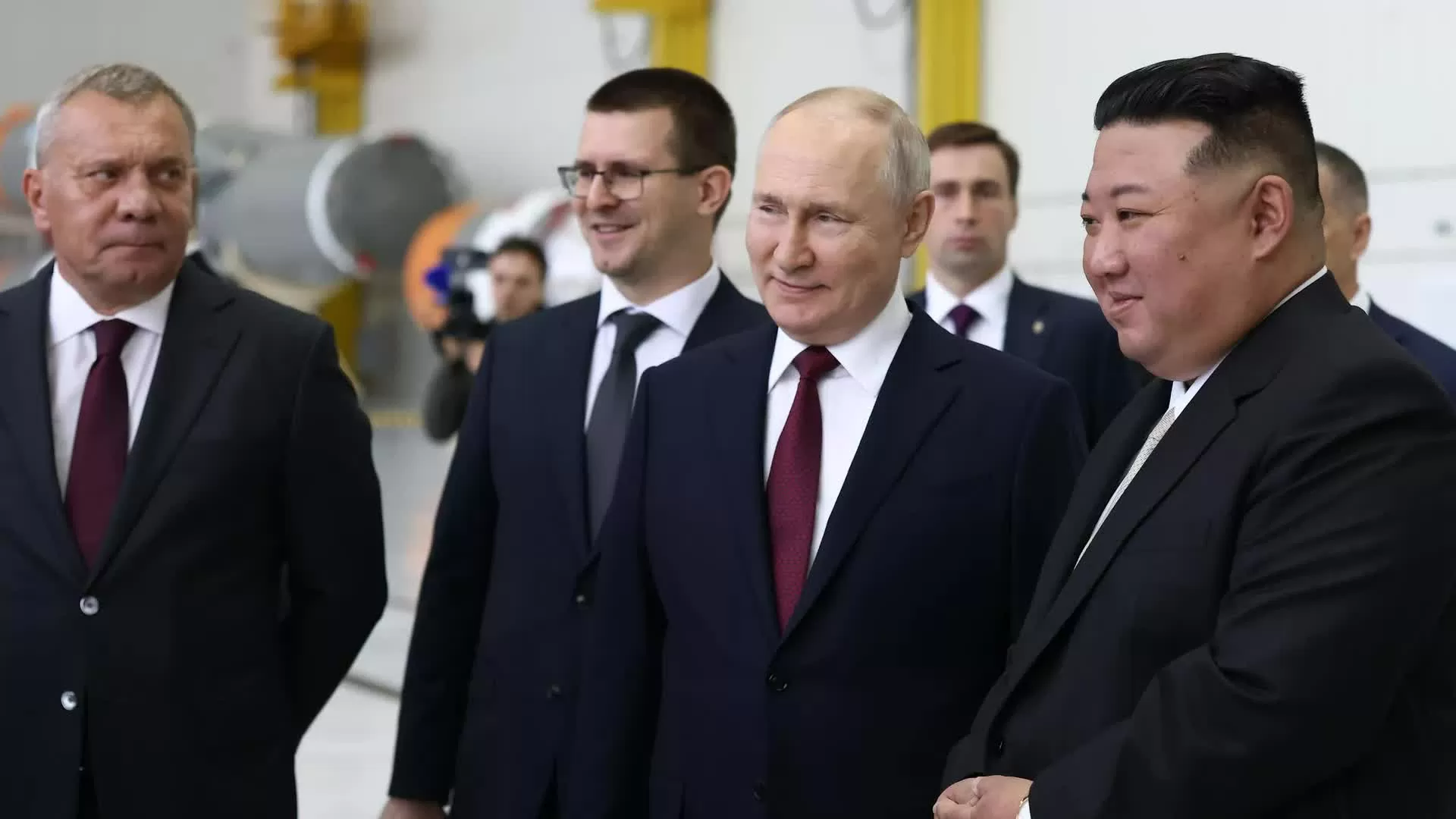 |
| Russian President Vladimir Putin and North Korean leader Kim Jong Un at the Vostochny Cosmodrome in Russia, September 2023. (Source: Sputnik) |
While international media has focused heavily on the deepening military cooperation between Russia and North Korea over the past two years, Moscow and Pyongyang have also expanded their cooperation in many other areas.
Expanded cooperation in many fields
In fact, Moscow and Pyongyang have expanded cooperation and exchanges in many areas, pointing to the possibility of stronger ties after the end of the conflict in Ukraine.
Russian President Vladimir Putin and North Korean leader Kim Jong Un have stepped up comprehensive cooperation since Kim Jong Un's visit to Russia in September 2023.
During a friendly lunch with the North Korean leader on September 13, 2023, the Russian President emphasized that "The two countries strive to strengthen friendly relations and good neighborliness. We act in the name of peace , stability and common prosperity in our region."
Meanwhile, Mr. Kim Jong Un affirmed: "Expanding and developing the Russia-DPRK friendship and cooperation not only fully meets the interests of the people of the two countries but is also a requirement of reality."
Two months later, the two sides discussed cooperation in the mining of metals and rare earths, as well as promoting food trade. The two sides also reached an agreement on "joint geological exploitation of gold, iron and rare earth metal deposits" and agreed to "joint exploration of offshore hydrocarbon resources".
In 2024, Russia-DPRK cooperation also showed signs of strong development. In March 2024, Russia sent a cultural delegation, including a ballet troupe from the Vladivostok branch of the Mariinsky Theatre, sports delegations and tourism representatives to North Korea.
Cooperation in the field of public health also made progress, with North Korean Health Minister Jong Mu-rim leading a delegation to Moscow in April 2024. On this occasion, the two sides signed an intergovernmental agreement on cooperation in "health care, medical education and science".
Also this month, Pyongyang's agricultural officials visited Russia to discuss fishing quotas for their fishermen in Russia's exclusive economic zone and the possibility of training North Korean farmers in Russia.
Pyongyang and Moscow have also stepped up ties in other important areas. In May 2024, North Korea sent a delegation of scientists to Moscow to hold talks with Russian experts to boost cooperation in science and technology.
In October 2024, the two sides co-hosted a major information technology exhibition in Pyongyang, marking a new level of cooperation in the technology field between the two countries.
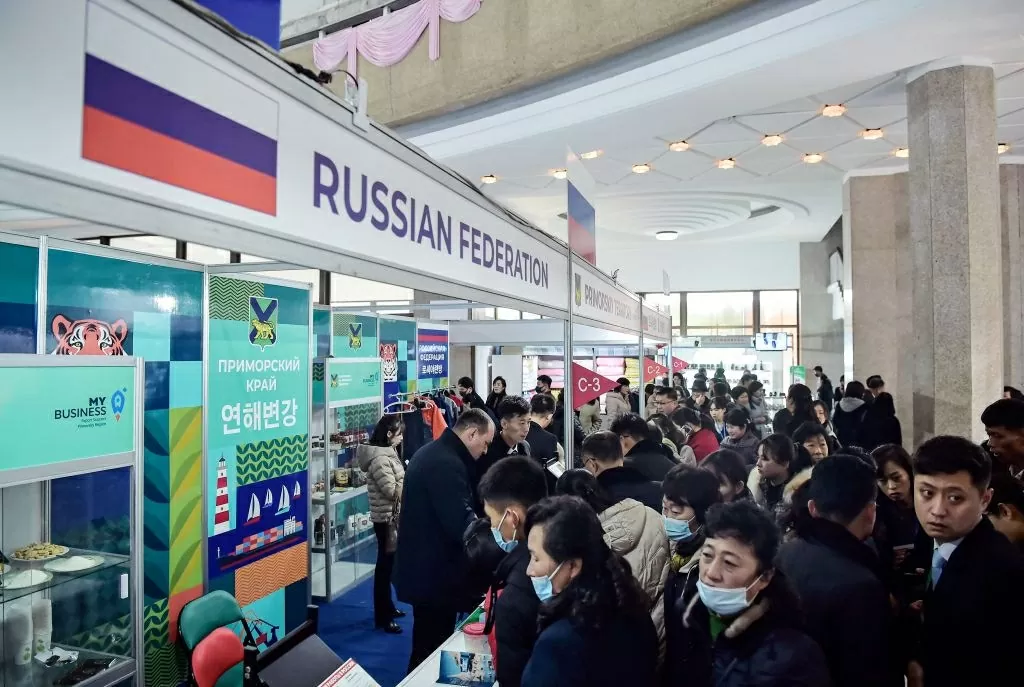 |
| North Koreans visit the Russian pavilion at the 16th Pyongyang Autumn International Trade Fair in Pyongyang, November 19, 2024. (Source: Getty) |
Long-term alliance future
Cooperation in science and technology continued to grow this year, with North Korea sending university delegations to Russia in February to exchange students in engineering technology, including nuclear science. Several agreements between universities were reportedly signed on the occasion. This leads to the possibility of an increase in the number of young North Koreans being sent to Russia to learn important technical skills in the coming period.
In addition to science and technology, Pyongyang and Moscow have also increased cooperation in law enforcement, cyberspace and intelligence sharing.
People-to-people exchanges between the two countries also increased significantly over the past year, with more than 13,000 North Koreans entering Russia, 12 times more than in 2023. Although most were on student visas, they could be involved in a variety of professions and fields.
In addition, a large number of North Korean laborers are believed to be working in the construction industry in Russia. In February, South Korea's National Intelligence Service said, "North Korea sent thousands of workers to construction sites across Russia last year."
Clearly, even when the conflict in Ukraine ends, Russia may still need North Korean labor in many industries and fields.
Tourism from Russia to North Korea has also surged, with visitor numbers in 2024 hitting a 12-year high.
All of this suggests that Russia and North Korea are committed to a long-term alliance, as evidenced by the extension of their mutual defense treaty last year. The partnership is likely to continue, but the extent of future cooperation will depend in part on the outcome of negotiations between Moscow and Washington.
Source: https://baoquocte.vn/du-dia-phat-trien-quan-he-nga-trieu-tien-sau-xung-dot-o-ukraine-307604.html


![[Photo] Hungarian President begins official visit to Vietnam](https://vphoto.vietnam.vn/thumb/1200x675/vietnam/resource/IMAGE/2025/5/27/ab75a654c6934572a4f1a566ac63ce82)


![[Photo] Vice President Vo Thi Anh Xuan, French President Emmanuel Macron and his wife visit Hanoi University of Science and Technology](https://vphoto.vietnam.vn/thumb/1200x675/vietnam/resource/IMAGE/2025/5/27/267b6f2bdf3e46439f081b49f6ec26b1)
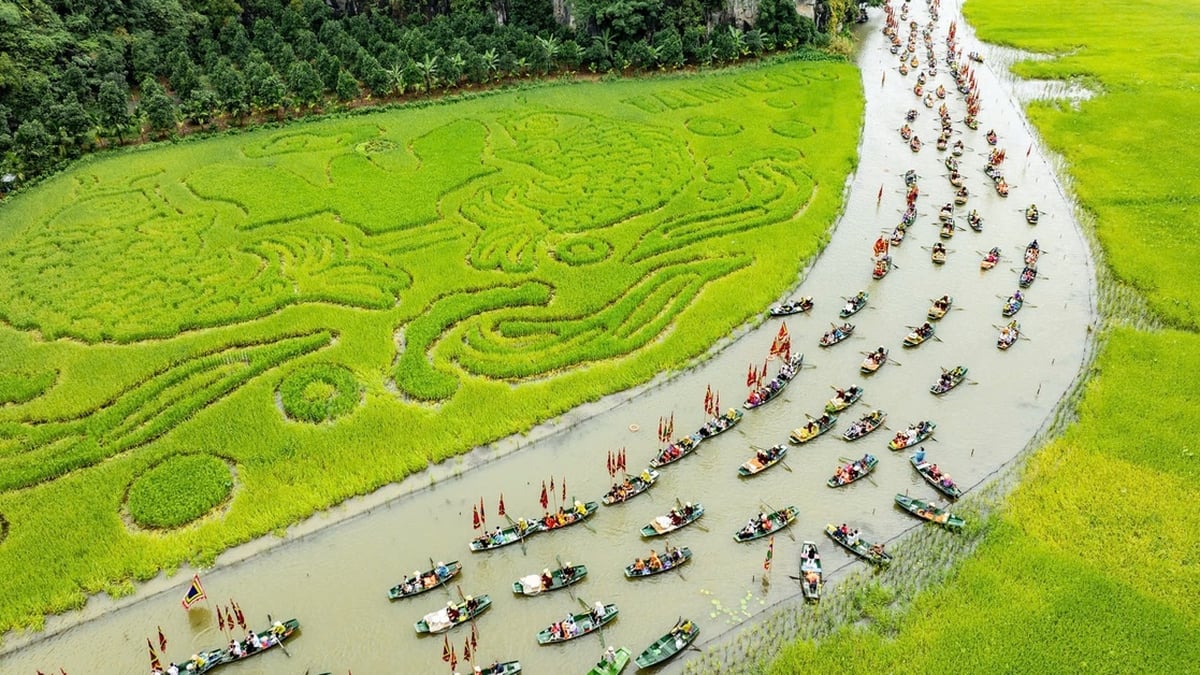
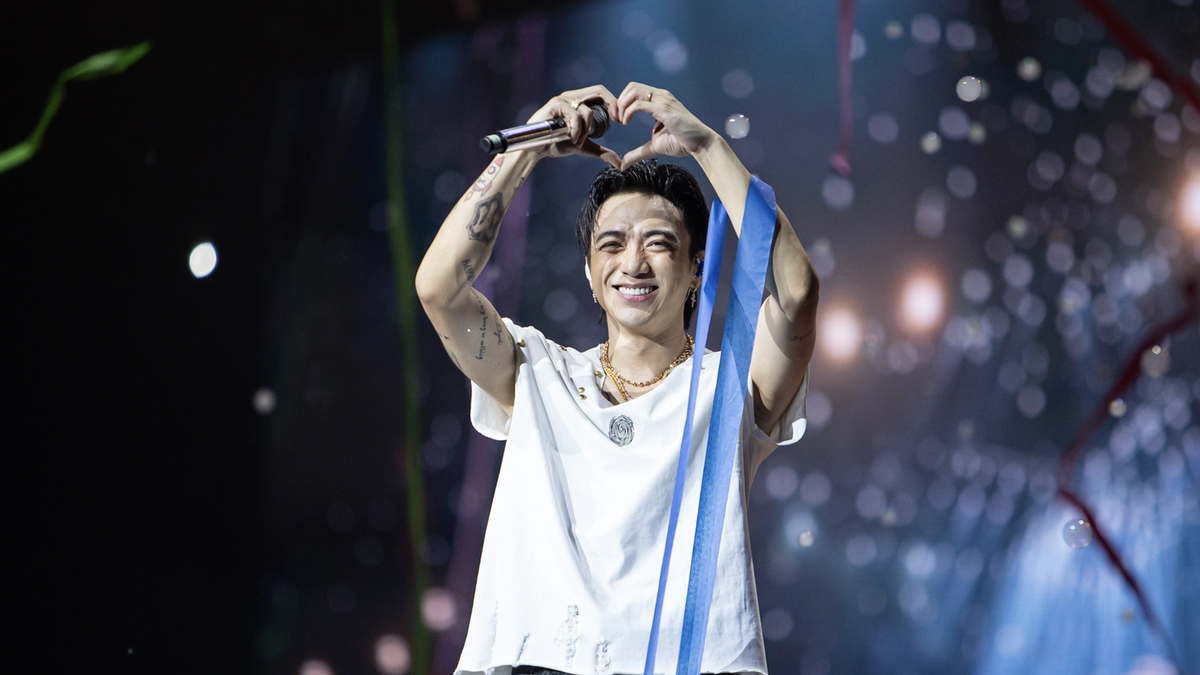
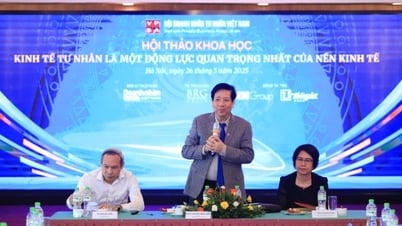

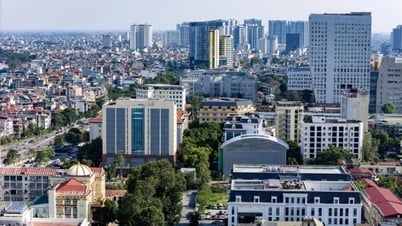
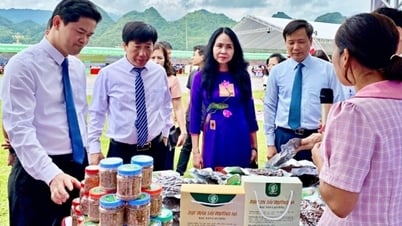
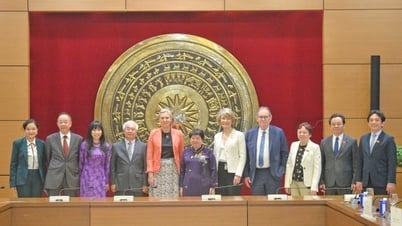

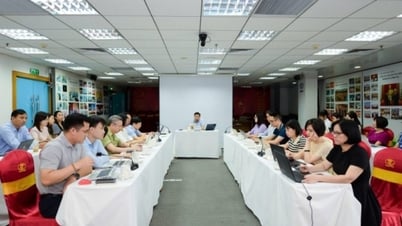




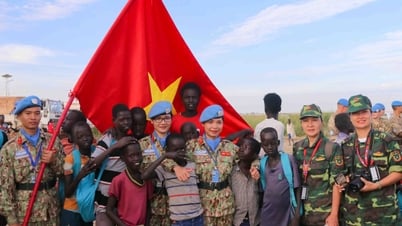
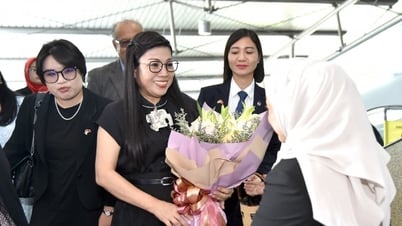
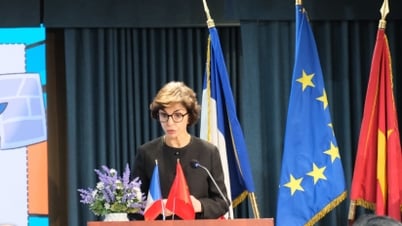
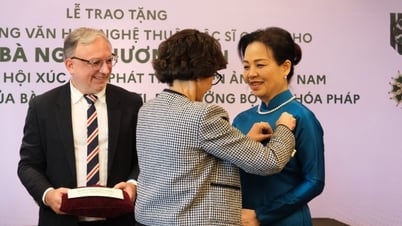
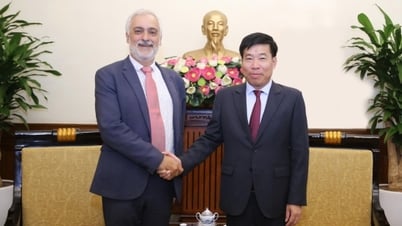
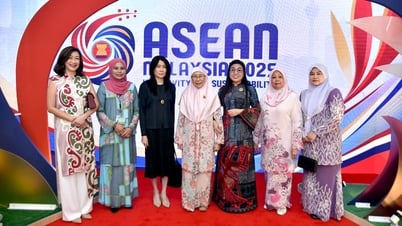






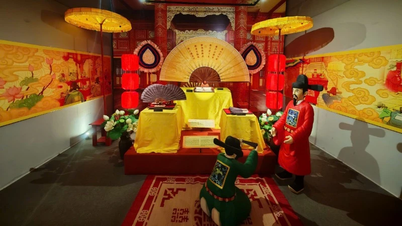

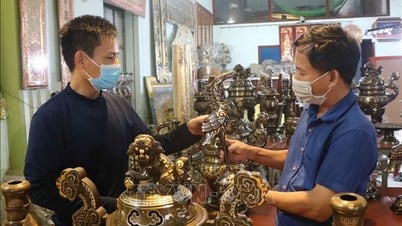
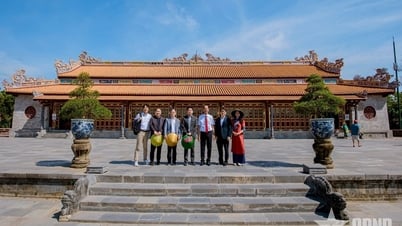



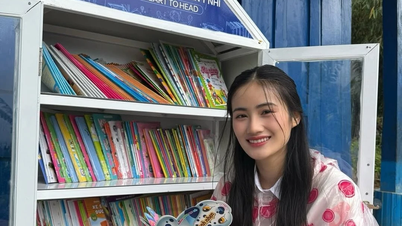

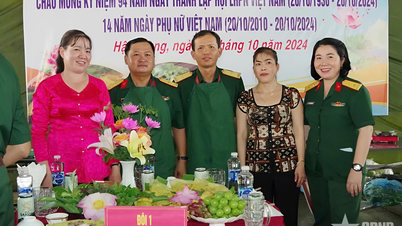
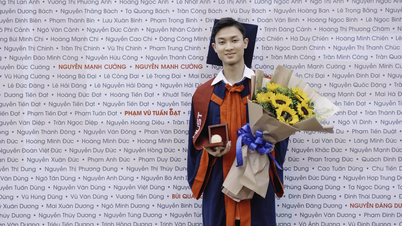




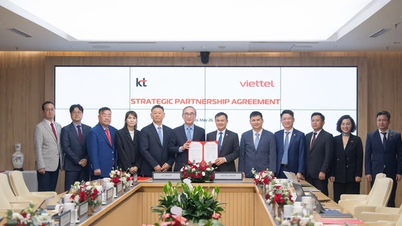
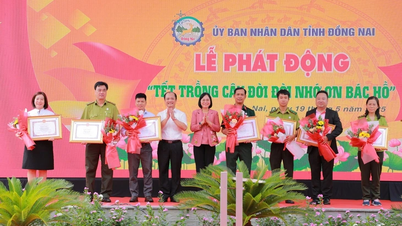
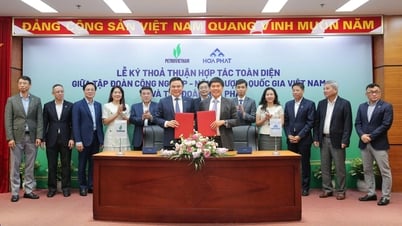

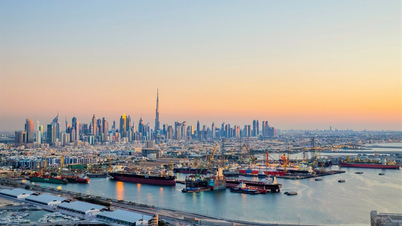

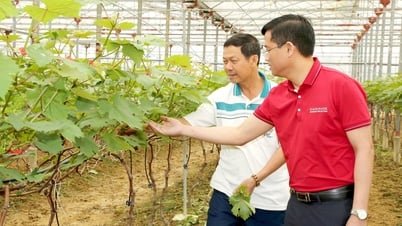


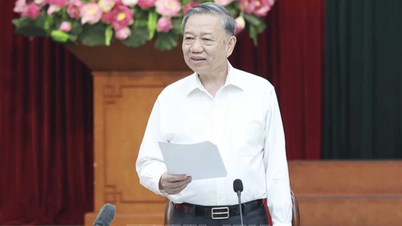
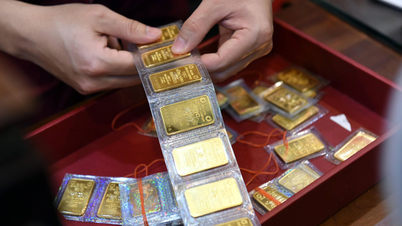
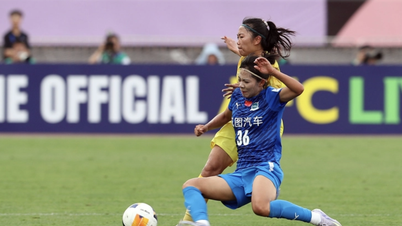
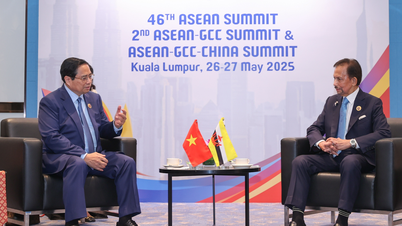







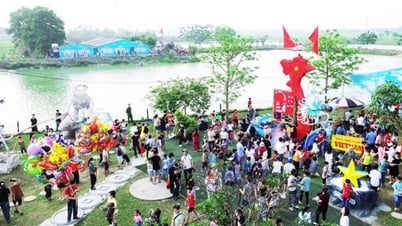
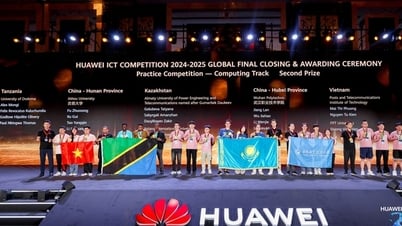

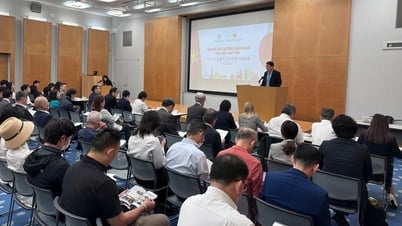
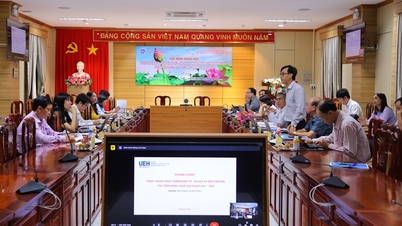
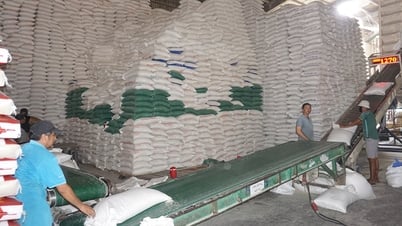
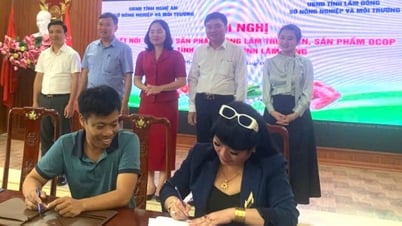

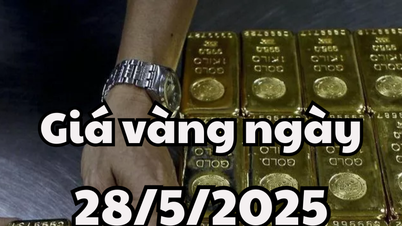

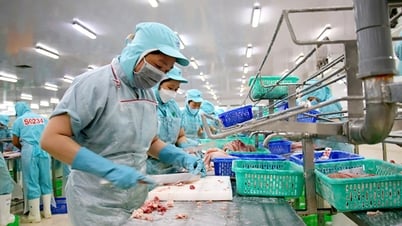
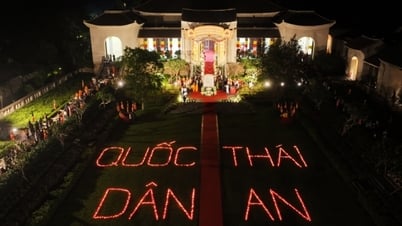

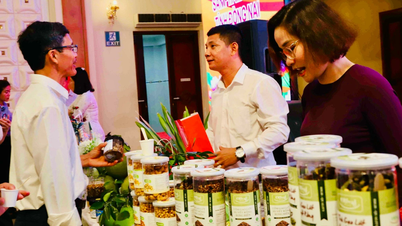

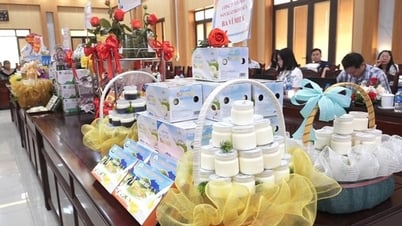



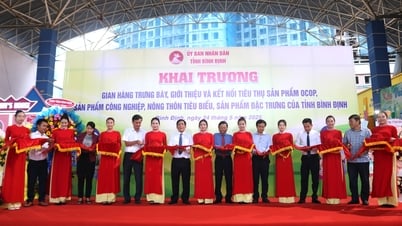

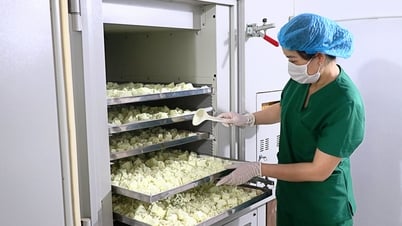

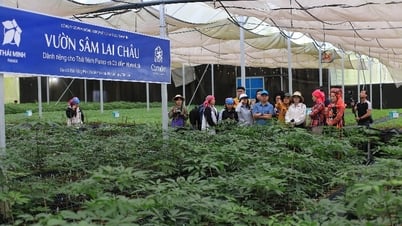

Comment (0)